The AI Workforce Revolution: Adapting to the Transformative Impact of Artificial Intelligence on Jobs and Industries
This article explores the impact of AI on the future of work, examining the transformation it will bring and how individuals can prepare for the changing job market.
1. Introduction: AI's Impact on the Future of Work
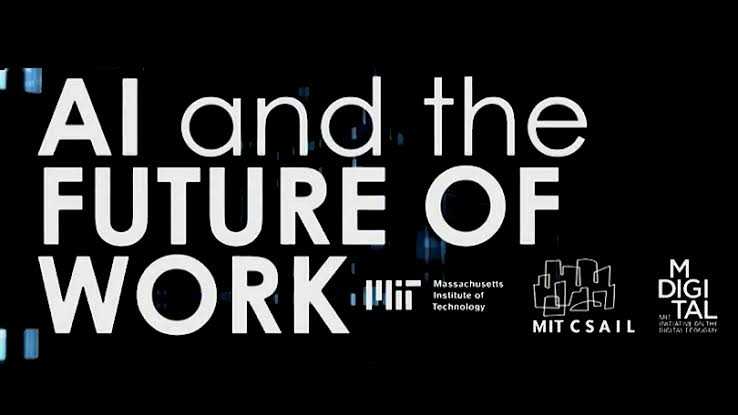
The future of work with AI is a topic of immense interest as advancements in artificial intelligence and automation continue to reshape the global workforce. AI's impact on the workplace will be multifaceted, leading to changes in job roles and responsibilities, as well as to the development of new industries and positions. As AI becomes more integrated into various aspects of work, both employees and employers must adapt and prepare for these changes to ensure a thriving job market.
2. Increased Productivity and Efficiency through AI

One way AI will transform the workplace is through increased productivity and efficiency. Tasks that were once time-consuming or prone to human error can now be automated, resulting in faster completion times, reduced costs, and greater accuracy. For example, AI-powered algorithms can analyze large sets of data quickly, enabling businesses to make more informed decisions based on real-time information.
3. Impact on Jobs and Industries

Jobs that involve repetitive tasks or simple problem-solving are most likely to be impacted by AI advancements. Manufacturing, logistics, data entry, customer service, and maintenance roles are among those that may see a significant shift or even elimination due to automation. Workers in these industries could face job displacement if they do not adapt to the changing environment.
4. Creation of New Jobs and Industries
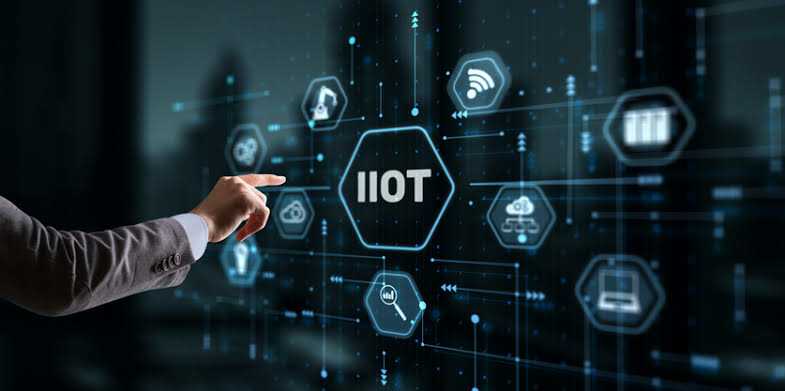
However, AI is also expected to create new jobs and industries that do not currently exist. Experts predict that there will be an increased demand for professionals with strong analytical skills who can understand and interpret AI-generated results. Careers focused on developing, implementing, and maintaining AI-powered systems are also expected to flourish – such as data scientists, machine learning engineers, and other related occupations.
5. Prioritizing Skill Development for the Future Job Market
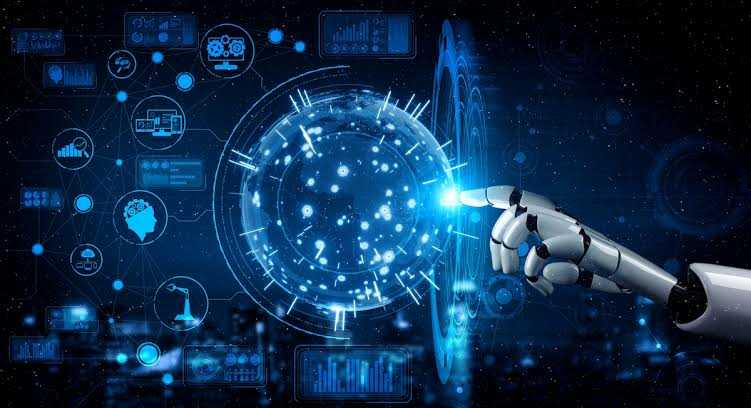
To capitalize on these opportunities and navigate the evolving job market, individuals must prioritize skilling themselves in areas relevant to their industry. Acquiring expertise in fields like data science, programming languages (e.g., Python or R), machine learning frameworks (e.g., TensorFlow or PyTorch), and understanding complex systems can help employees stay ahead of the game.
6. Balancing Technical and Soft Skills
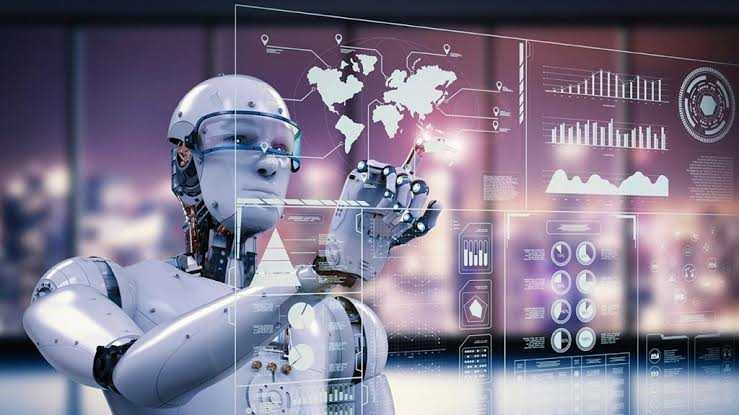
Additionally, cultivating soft skills such as communication, creativity, empathy, adaptability and collaboration will become more important, as these qualities are not easily replicated by AI. As workplaces become more reliant on technology, it is vital for employees to maintain a balance of technical and human-centered skills.
7. The Role of Employers in Supporting their Workforce
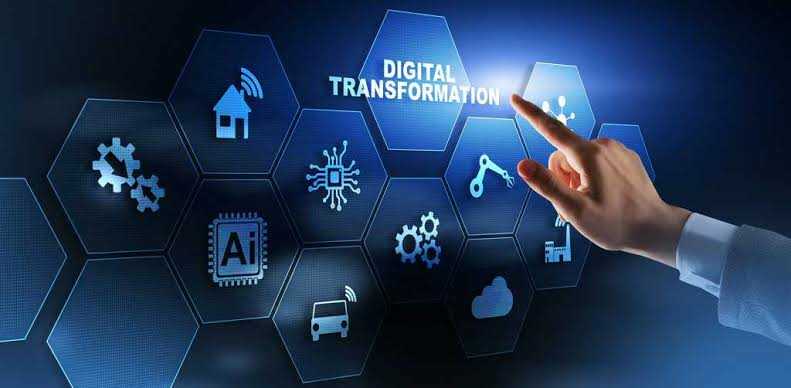
Employers also have a role to play in supporting their workforce during this transition. Companies must invest in retraining and upskilling programs to equip their employees with the necessary abilities and knowledge. Moreover, they should foster an organizational culture that encourages ongoing learning and development, allowing team members to continuously adapt to new technologies and methodologies.
8. Collaboration between Government, Educational Institutions, and Organizations
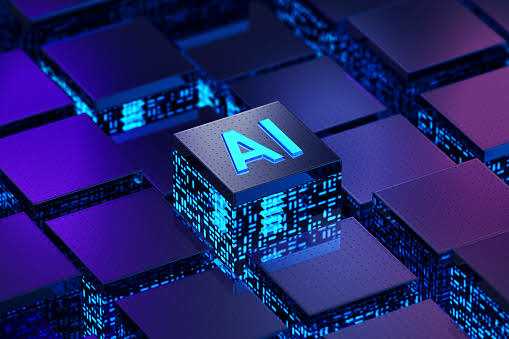
Collaboration between government, educational institutions, and organizations is crucial in preparing the workforce for this shift. Development of curricula focused on emerging technologies, vocational training programs in AI-related fields, and policies designed to support lifelong learning will help create a workforce better equipped for the future job market.
9. Conclusion: Navigating the Complex Landscape of AI and the Future of Work

In conclusion, the future of work with AI presents a complex landscape of challenges and opportunities. The organizations and individuals who adapt most successfully will be those who proactively recognize the shifting tides in industries and jobs while embracing new skills that are most relevant to this change.
This article explores the impact of AI on the future of work, examining the transformation it will bring and how individuals can prepare for the changing job market.
1. Introduction: AI's Impact on the Future of Work

The future of work with AI is a topic of immense interest as advancements in artificial intelligence and automation continue to reshape the global workforce. AI's impact on the workplace will be multifaceted, leading to changes in job roles and responsibilities, as well as to the development of new industries and positions. As AI becomes more integrated into various aspects of work, both employees and employers must adapt and prepare for these changes to ensure a thriving job market.
2. Increased Productivity and Efficiency through AI

One way AI will transform the workplace is through increased productivity and efficiency. Tasks that were once time-consuming or prone to human error can now be automated, resulting in faster completion times, reduced costs, and greater accuracy. For example, AI-powered algorithms can analyze large sets of data quickly, enabling businesses to make more informed decisions based on real-time information.
3. Impact on Jobs and Industries

Jobs that involve repetitive tasks or simple problem-solving are most likely to be impacted by AI advancements. Manufacturing, logistics, data entry, customer service, and maintenance roles are among those that may see a significant shift or even elimination due to automation. Workers in these industries could face job displacement if they do not adapt to the changing environment.
4. Creation of New Jobs and Industries

However, AI is also expected to create new jobs and industries that do not currently exist. Experts predict that there will be an increased demand for professionals with strong analytical skills who can understand and interpret AI-generated results. Careers focused on developing, implementing, and maintaining AI-powered systems are also expected to flourish – such as data scientists, machine learning engineers, and other related occupations.
5. Prioritizing Skill Development for the Future Job Market

To capitalize on these opportunities and navigate the evolving job market, individuals must prioritize skilling themselves in areas relevant to their industry. Acquiring expertise in fields like data science, programming languages (e.g., Python or R), machine learning frameworks (e.g., TensorFlow or PyTorch), and understanding complex systems can help employees stay ahead of the game.
6. Balancing Technical and Soft Skills

Additionally, cultivating soft skills such as communication, creativity, empathy, adaptability and collaboration will become more important, as these qualities are not easily replicated by AI. As workplaces become more reliant on technology, it is vital for employees to maintain a balance of technical and human-centered skills.
7. The Role of Employers in Supporting their Workforce

Employers also have a role to play in supporting their workforce during this transition. Companies must invest in retraining and upskilling programs to equip their employees with the necessary abilities and knowledge. Moreover, they should foster an organizational culture that encourages ongoing learning and development, allowing team members to continuously adapt to new technologies and methodologies.
8. Collaboration between Government, Educational Institutions, and Organizations

Collaboration between government, educational institutions, and organizations is crucial in preparing the workforce for this shift. Development of curricula focused on emerging technologies, vocational training programs in AI-related fields, and policies designed to support lifelong learning will help create a workforce better equipped for the future job market.
9. Conclusion: Navigating the Complex Landscape of AI and the Future of Work

In conclusion, the future of work with AI presents a complex landscape of challenges and opportunities. The organizations and individuals who adapt most successfully will be those who proactively recognize the shifting tides in industries and jobs while embracing new skills that are most relevant to this change.

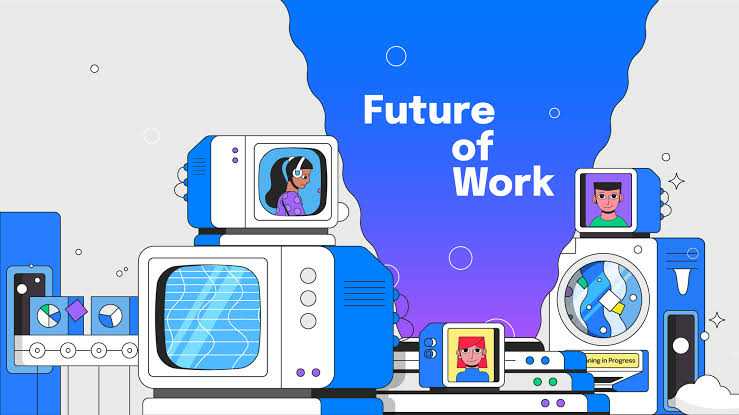

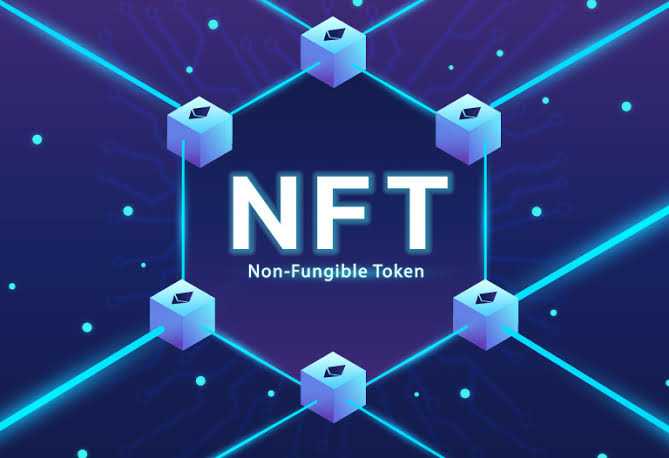
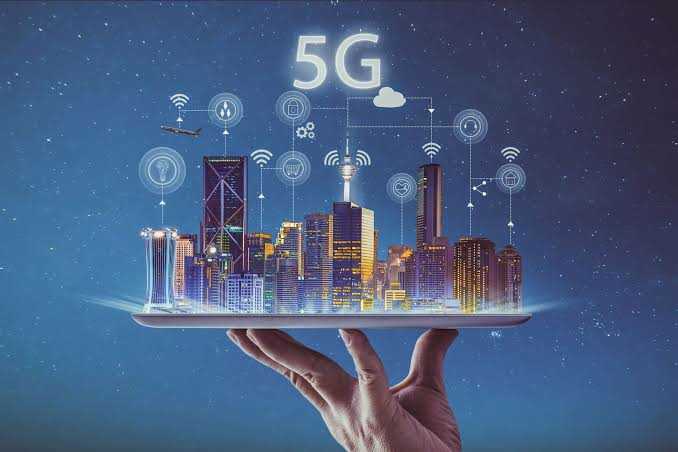

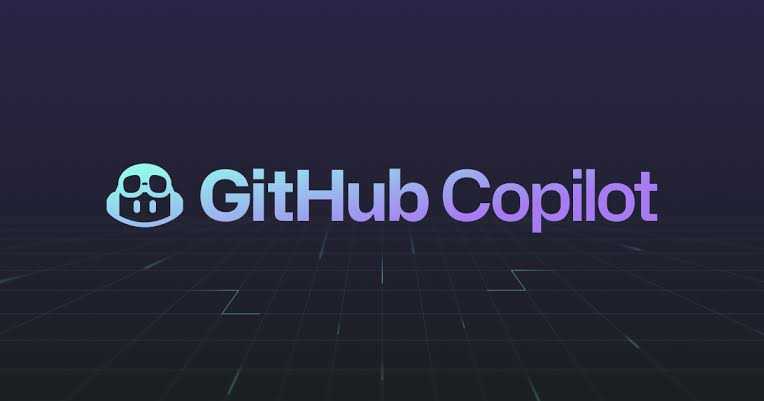




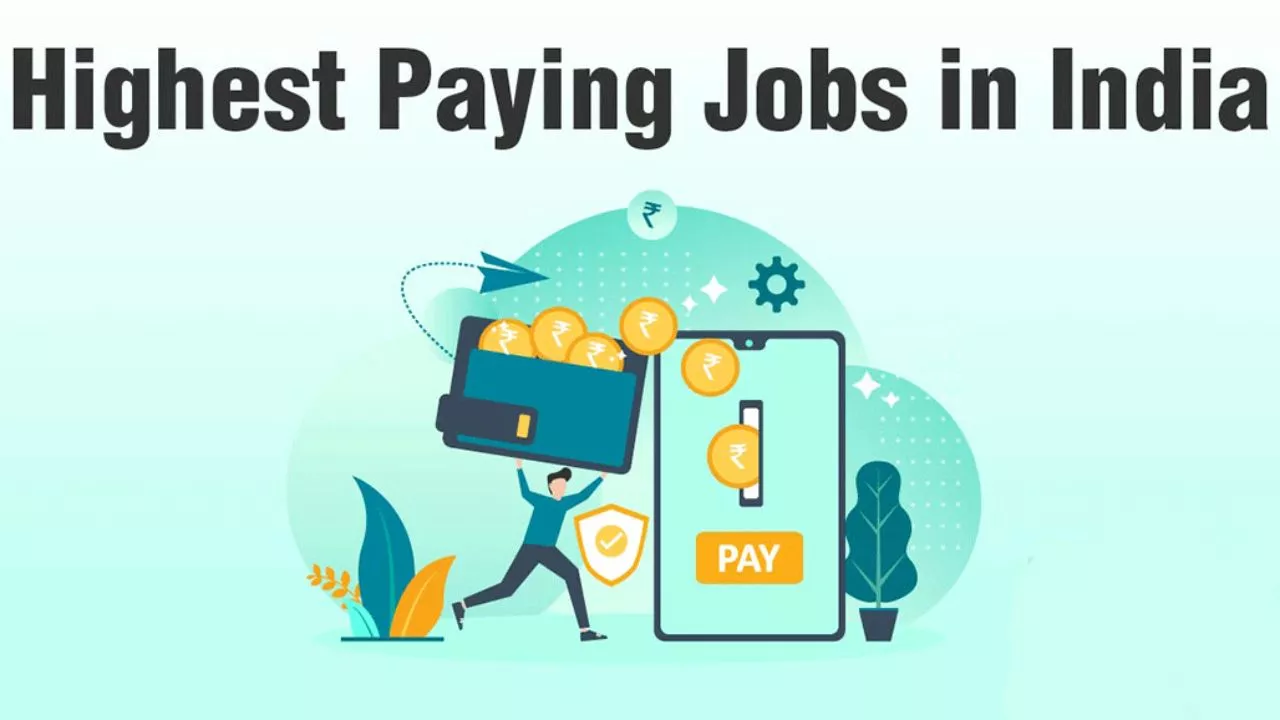




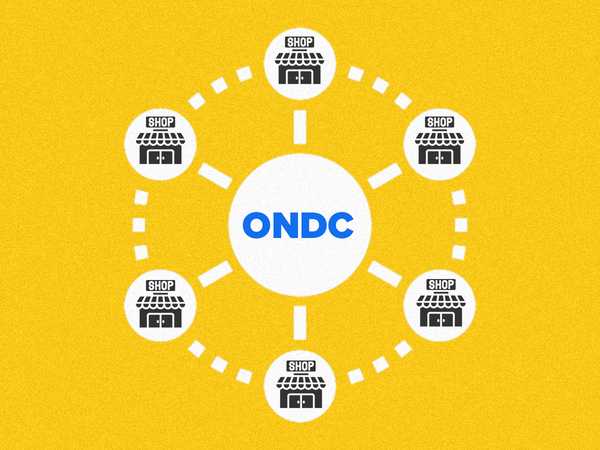


Login to your account or create a new account to post comments!